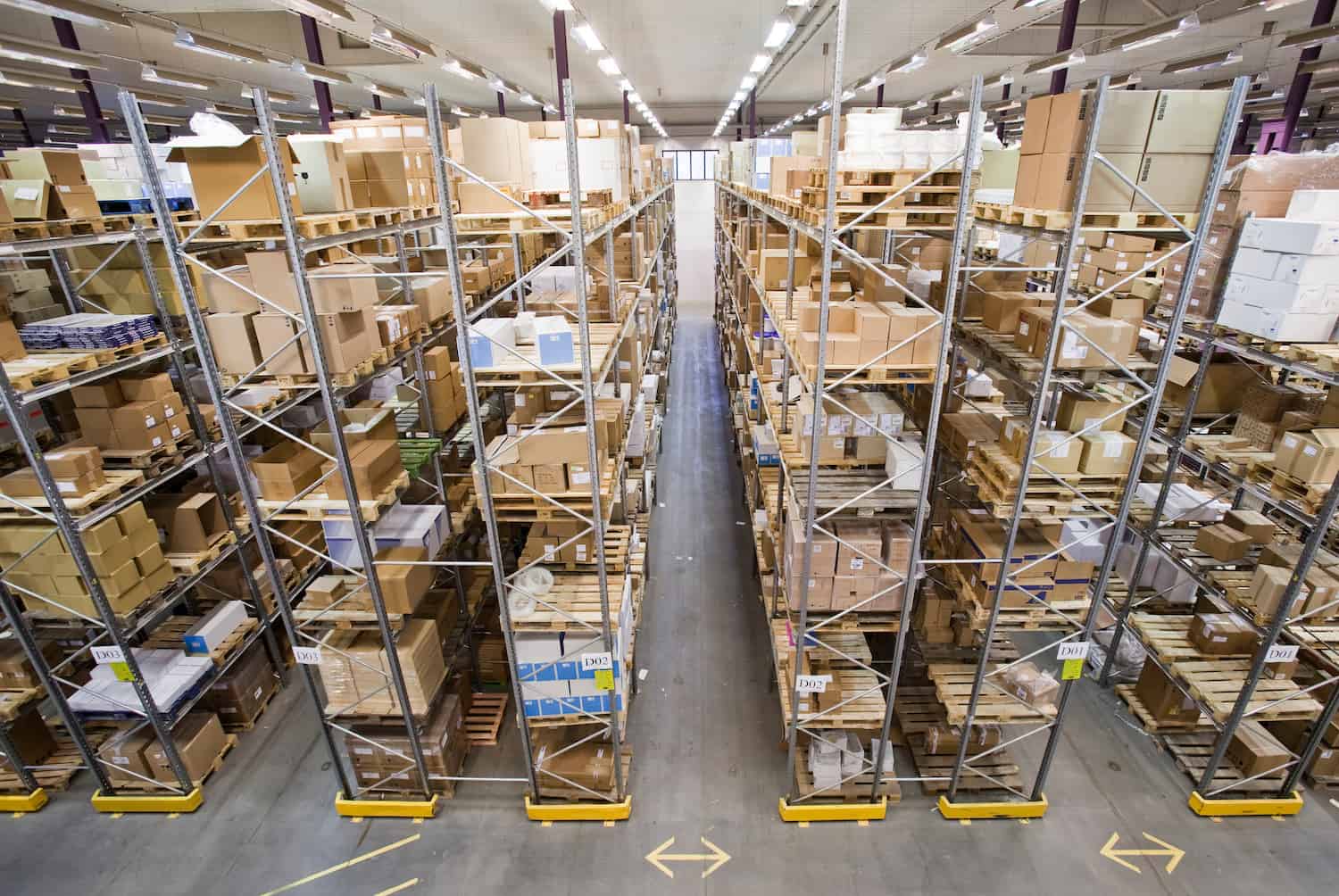Bonded Zones in Indonesia: Advantages for U.S. Importers
Indonesia’s strategic location, abundant resources, and industrial transformation have made it a key player in the global supply chain. Among its many initiatives to boost trade, one stands out for its impact on international commerce—bonded zones. For U.S. importers looking for flexibility, cost savings, and smoother logistics, Indonesia’s bonded logistics zones offer major advantages.
Bonded zones, known locally as Kawasan Berikat or Pusat Logistik Berikat (PLB), are special trade zones where imported goods can be stored, processed, or assembled without immediately incurring import duties or taxes. These zones are designed to streamline export and re-export operations, making them ideal for global supply chain players, especially U.S. businesses that rely on efficient inventory flow.
Understanding Indonesia’s Bonded Logistics Zones
Bonded zones in Indonesia were created to improve the country’s competitiveness in global manufacturing and logistics. The main objective is to reduce logistic bottlenecks while increasing transparency and trade facilitation.
Companies operating within these zones enjoy duty deferments and exemptions, longer storage durations, and access to centralized logistics facilities. Goods stored in bonded zones are not subject to Value Added Tax (VAT), luxury sales tax, or import duties until they are released for domestic use—if at all.
This policy enables U.S. importers to consolidate goods, test market readiness, or repackage shipments before routing them to final destinations.
Why U.S. Importers Should Pay Attention
In the post-pandemic era, flexibility is key to global supply chain resilience. U.S. businesses, facing inflation and increasing freight costs, are seeking cost-effective sourcing strategies. Bonded logistics centers in Indonesia provide that solution.
They allow American importers to delay duty payments until the goods reach their final market, improving cash flow. For businesses involved in seasonal products or components that may require assembly before shipment, this provides significant operational value.
A reputable bestsourcing agent Indonesia can manage operations within bonded zones, ensuring customs compliance and overseeing storage, assembly, and re-export operations.
Key Advantages for U.S. Importers
1. Deferred Customs Duties and Taxes
When goods are imported into a bonded zone, no duties or taxes are levied immediately. For U.S. importers who plan to re-export the goods, this means zero tax liability in Indonesia. It’s a major financial advantage for businesses with complex supply chains.
2. Reduced Bureaucracy and Clearance Time
Bonded logistics zones are designed to cut through red tape. With simplified procedures and faster clearance mechanisms, delays are minimized. This is especially valuable when coordinating with shipping schedules from Asia to U.S. ports.
Partnering with a bestsourcing agent Asia ensures accurate documentation and smooth handling of bonded zone operations from start to finish.
3. Extended Storage Periods
Unlike general warehousing, bonded zones offer extended storage durations—up to three years in many cases. This allows U.S. businesses to align distribution with market demand while avoiding demurrage costs and port congestion.
4. Strategic Repackaging and Assembly
Bonded zones allow businesses to perform value-added processes like labeling, repackaging, or light assembly without triggering duties. U.S. companies shipping components to Indonesia for final packaging can benefit greatly.
5. Better Risk Mitigation
In cases where product demand is uncertain, bonded zones reduce financial exposure. Since taxes and duties are not immediately incurred, U.S. businesses have the flexibility to re-export unsold goods without penalties.
Real-World Applications
A U.S.-based electronics brand importing from multiple Asian countries utilizes a bonded zone in Batam to consolidate components. With the help of a bestsourcing agent Indonesia, the company assembles final products inside the bonded facility before shipping directly to Los Angeles. This not only reduces tariff exposure but cuts lead time by 25%.
Similarly, a fashion retailer operating in New York sources garments from Indonesia and Vietnam, consolidates them in a bonded warehouse near Jakarta, and repackages for seasonal launches. This flexibility wouldn’t be possible without bonded zone privileges.
Regulatory Framework and Oversight
The bonded zone system in Indonesia is overseen by the Directorate General of Customs and Excise (DJBC). To operate in a bonded zone, companies must meet specific legal, technical, and financial standards.
Foreign companies working with a trusted bestsourcing agent Asia can navigate licensing, facility selection, and government reporting without direct local incorporation. This arrangement simplifies legal compliance while maximizing logistical efficiency.
How to Get Started
For U.S. importers interested in leveraging bonded zones, the first step is selecting a competent agent with bonded zone experience. Agents facilitate communication with Indonesian authorities, arrange bonded zone access, and supervise logistics partners.
They also help with:
-
HS Code verification and classification
-
Bill of entry submissions
-
Coordination with bonded warehouse operators
-
Import and re-export declarations
Working with an agent is crucial in maintaining transparency and ensuring customs procedures are followed precisely.
Looking Ahead: Indonesia’s Trade Future
Indonesia has signaled plans to expand its bonded logistics infrastructure in support of the country’s “Vision 2045” strategy to become a top 5 global economy. This expansion will likely include digitized tracking systems, deeper port connectivity, and public-private partnerships.
U.S. buyers stand to benefit as the government enhances infrastructure and customs protocols. In the face of global supply chain shifts and the U.S. reshoring trend, Indonesian bonded zones offer an adaptable, cost-saving alternative.
Conclusion
Bonded logistics zones are no longer a hidden gem—they are a critical piece of the international sourcing puzzle. For U.S. importers, especially those seeking flexibility, efficiency, and duty savings, Indonesia’s bonded zones represent a smart strategic choice.
Collaborating with a qualified bestsourcing agent Indonesia empowers American companies to streamline their operations and expand their global footprint. As more companies look to Southeast Asia to diversify sourcing, bonded zones may soon become the backbone of future-ready supply chains.

